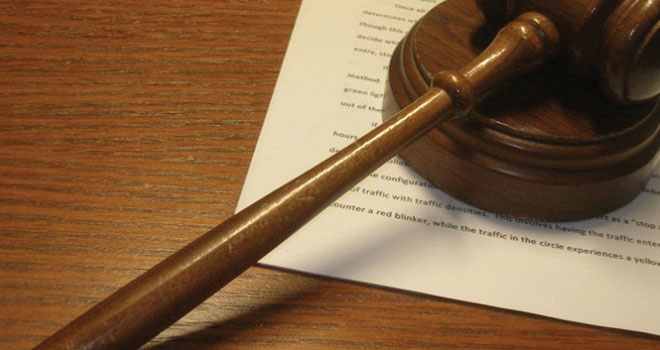The audacity of criminals appear to increase in leaps and bounds, as witnessed by a case study published in the Short-term Ombud’s latest annual report.
The complainant approached the office of the Ombudsman for assistance following the rejection of a claim submitted to the insurer for the theft of a motor vehicle on 6 July 2016. The vehicle was placed on cover on 1 June 2016 for an insured sum of R509 900.
During the validation of the claim, the complainant submitted that he purchased a used vehicle in May 2016 for the total price of R495 000. According to the complainant, the parties agreed that he would make an initial cash payment of R190 000 in May with the balance consisting of a further cash payment upon the delivery of the vehicle in December. The vehicle was registered in the complainant’s name on 13 May 2016 after he paid R190 000 to the seller. The complainant was in possession of the registration certificate and attended to the deregistration of the motor vehicle after the theft.
The assessor appointed by the insurer to validate the claim discovered discrepancies in the registration of the vehicle. He found that the vehicle had originally been registered in the name of a vehicle rental company. The vehicle was subsequently registered to Salvage Management Disposal and then to Zurich Insurance.
Upon further investigation, the assessor found that the vehicle had been written off following a motor vehicle accident on 13 July 2015. A Natis audit trail revealed that the vehicle was deregistered and demolished on 17 September 2015. The vehicle salvage was purchased by a used spares proprietor and stripped for spare parts. The vehicle salvage was inspected by the assessor who confirmed from the chassis and VIN numbers that it was in fact the same vehicle on cover. At this stage, the insurer could not rule out the possibility that the insured vehicle had been cloned or did not exist. The assessor’s report, including the Natis audit and photographs of the vehicle salvage were provided to the Ombudsman for consideration.
The insurer required the complainant to submit proof of purchase of the motor vehicle in light of the assessment findings. The complainant was not able to provide any proof that he paid the amount of R190 000 to the seller, or that he owned an Audi motor vehicle that would have formed the balance of the payment. The complainant also failed to submit an agreement of sale or any service related documentation in respect of the vehicle. The contact details of the seller were also not available. The insurer raised suspicion about the fact that the seller could not be located even though the complainant still owed her the balance of the purchase price.
The insurer rejected the complainant’s claim on two grounds:
- The complainant did not furnish true and complete information when submitting the claim. The general conditions of the policy provide that if the insured gives false information, wrong descriptions or fails to inform the insurer of any relevant information, the insured will not enjoy cover under the relevant section of the policy. The insurer argued that the complainant did not provide true and complete information regarding the purchase of the vehicle and the circumstances under which the vehicle was purchased. In considering this rejection reason, the Ombudsman held that the insurer had not established sufficient facts upon which to argue that the complainant had submitted false information.
- The complainant failed to supply proof of ownership of the vehicle he was claiming for. This provision is set out under the general conditions of the policy relating to claims.
The Ombudsman upheld the insurer’s decision to reject the claim on the ground that the complainant failed to supply proof of ownership of the vehicle he was claiming for.
One shudders to think that this person had the audacity to lay a complaint with the Ombud after being caught out. The insurance industry must spend a fortune every year to prevent crime, and this is paid by honest clients via increased premiums.
One can only hope that cases like these are reported to the police for investigation and prosecution. Perhaps a “name-and-shame” list of convicted fraudsters will act as a deterrent.



